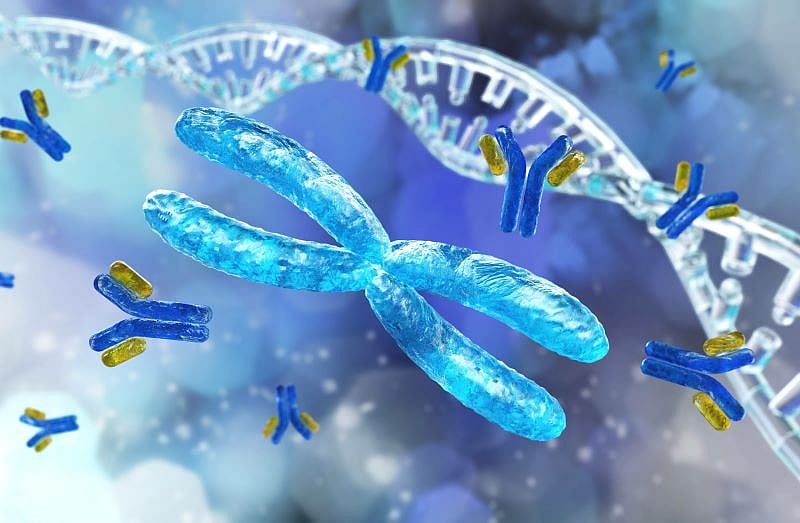Get Healthy!

- Posted May 24, 2023
Biological Secrets of the Woman Who Can't Feel Pain
A unique genetic brew has benefitted a Scottish woman who lives virtually pain-free, heals more rapidly and experiences reduced anxiety and fear, researchers from University College London report.
Pain geneticists have been studying the woman, Jo Cameron, for a decade. She came to their attention when her doctor noticed that she experienced no pain after major surgeries on her hip and hand.
After six years of examination, researchers identified a new gene named FAAH-OUT, which contained genetic mutations that were the cause of Cameron's unique abilities.
However, they still had no idea how exactly these mutations benefitted her, so research continued, leading to this new study.
The area of the genome containing FAAH-OUT had previously been assumed to be "junk" DNA without any apparent function.
But researchers now say it mediates the expression of FAAH, a gene that is part of the endocannabinoid system and is well-known for its involvement in pain, mood and memory.
The team found that FAAH-OUT regulates the expression of FAAH, and that Cameron's specific mutation causes it to be significantly turned down. As a result, her FAAH enzyme activity levels are reduced.
Researchers found another 797 genes that were turned up and 348 genes that were turned down in Cameron. These included the WNT pathway that is associated with wound healing, with increased activity in the WNT16 gene that has been linked to bone regeneration.
Two other key altered genes they found were BDNF, which has been linked to mood regulation, and ACKR3, which helps regulate opioid levels.
Taken together, these gene changes may contribute to Cameron's low levels of anxiety, fear and pain, researchers said.
"The initial discovery of the genetic root of Jo Cameron's unique phenotype was a eureka moment and hugely exciting, but these current findings are where things really start to get interesting,"said senior researcher James Cox, a professor with UCL Medicine.
"By understanding precisely what is happening at a molecular level, we can start to understand the biology involved and that opens up possibilities for drug discovery that could one day have far-reaching positive impacts for patients,"Cox said in a university news release.
Senior researcher Andrei Okorokov of UCL Medicine described the FAAH-OUT gene as just one small corner of a vast continent, which this study has begun to map.
"As well as the molecular basis for painlessness, these explorations have identified molecular pathways affecting wound healing and mood, all influenced by the FAAH-OUT mutation,"he said in the release.
"As scientists it is our duty to explore and I think these findings will have important implications for areas of research such as wound healing, depression and more,"Okorokov added.
The findings were published May 23 in the journal Brain.
More information
The U.S. National Institutes of Health has more about gene therapies.
SOURCE: University College London, news release, May 23, 2023







